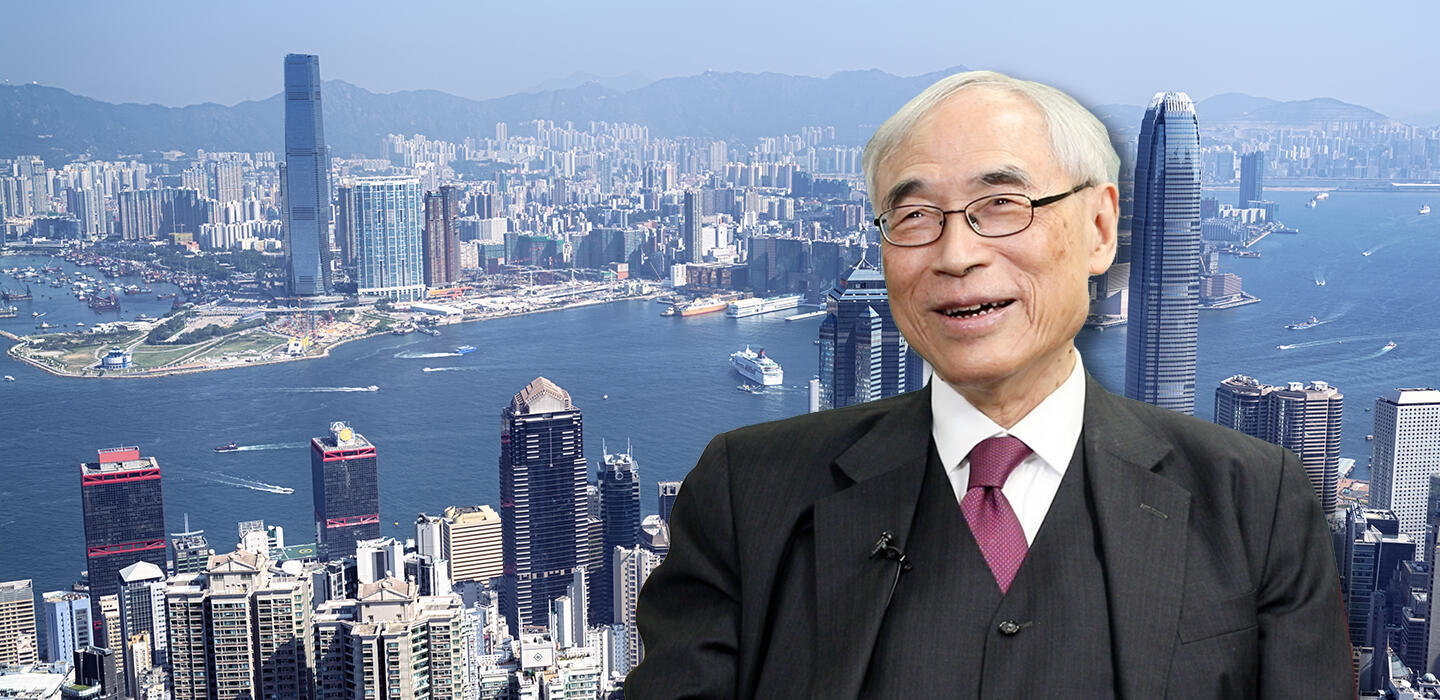Hong Kong is a globally renowned free trade port and financial center. The deep-water ports accommodate numerous freight vessels from across the world each year. Hong Kong International Airport is one of the busiest airports in the world. The financial markets operate in smooth integration and cooperation with markets across the world. Hong Kong, as a free and open economy, has been ranked “the world’s freest economy” by different ranking institutes. The policies in regard to Hong Kong’s free trade and free and open financial market are all specified in the Basic Law and continued to be applied after the Handover.
Article 114 and Article 115 of Chapter V of the Basic Law contain policies about Hong Kong’s free port status and free trade.
Articles 124 to 127 have stipulations on Hong Kong’s shipping industry.
Article 128 stipulates the HKSAR government shall strive to maintain the status as a center of international and regional aviation.
Under ‘One Country, Two Systems’, different from the socialist economic system on the mainland, Hong Kong continues to practice a capitalist system. Hong Kong has its own currency. Article 106 of the Basic Law stipulates Hong Kong has independent finances and is not required to hand over taxes to the Central Government, nor is it required to bear costs for garrison forces stationed in the region. The HKSAR government will only report its budget to the Central Government for the purposes of records. These are manifestations of “Hong Kong people governing Hong Kong” and a high degree of autonomy, and the successful implementation of “One Country, Two Systems” helps boost confidence of mainland and global investors in Hong Kong.
The Central Government supports Hong Kong as an international financial center
In addition to being a free trade port, Article 109 of the Basic Law states the HKSAR government shall maintain the status of Hong Kong as an international financial center. The Central Government has always been supportive in this regard since the Handover.
Take the Closer Economic Partnership Arrangement (CEPA) as an example. Only under ‘One Country, Two Systems’ can closer tariff arrangements be made between different regions within one country. The Shanghai-Hong Kong Stock Connect in 2014, Shenzhen-Hong Kong Stock Connect in 2016, and Bond Connect in 2017 were all specific moves by the Central Government to support Hong Kong’s status as an international financial center.
The National 14th Five-Year Plan proposes to further consolidate Hong Kong’s status as a global offshore renminbi business hub, and as a center for international assets management and risk management. The Greater Bay Area plan will help bring Hong Kong’s advantages under the Basic Law to full play.
According to the Basic Law, Hong Kong is a free port. But goods shipped into the Greater Bay Area from Hong Kong are still subject to customs duties. When the Greater Bay Area was formed, I proposed that within the Greater Bay Area no customs duties should be levied and imported goods could then increase and could sold to other places in the Greater Bay Area. Just think about this, the Greater Bay Area has 86 million people and Hong Kong’s population is just 7.5 million. The Greater Bay Area is abundant in business opportunities. If Hong Kong has any commodity that is good and hot, the Greater Bay Area could be an enormous market to tap. With the Greater Bay Area, for example, the market for some financial institutions suddenly expanded greatly. Mainland goods could be exported through the Greater Bay Area and all will benefit in the end.

